How to Safeguard Your Online Accounts Against Hacking
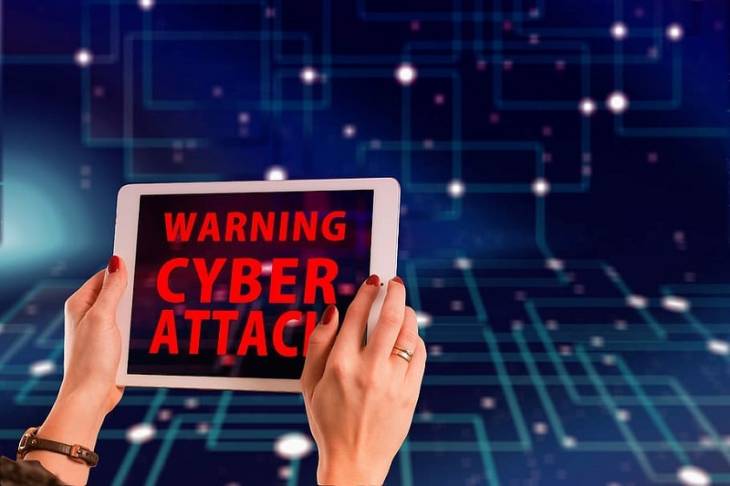
The first line of defense against cyber-attacks and unauthorized access to your online accounts is your password, whether it is your email, social media, or online banking accounts.
Your passwords are very important. They’re what keep your personal accounts private and secure. If you use rotating and notoriously easy passwords, you’re exposing yourself to an account breach. And account breaches can be very damaging to you and your business.
Cybersecurity statistics and trends show that the risk of hackers stealing your passwords and leaking your account info is increasing. It is, therefore, vital that you learn how to create a strong password in order to ensure optimal security for your sensitive information.
Password Security Measures to Protect Yourself
Don’t use the same passwords repeatedly. It will expose you to hackers. These hackers can get into your emails and other accounts and steal confidential data.
And that could make you a victim of fraud, identity theft, or worse.
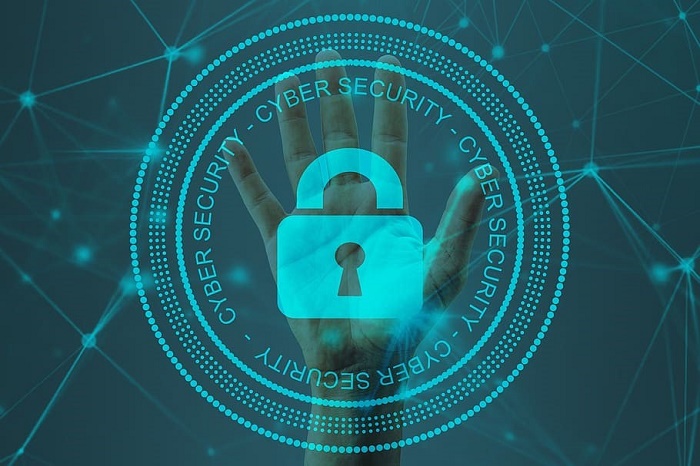
Hacking of account passwords is often carried out in the following ways:
1. Brute Force Attacks
Hackers often utilize automated software to guess passwords as well as usernames. The software tries every possible combination, starting with the most commonly used passwords.
So, if you have a simple password, it will be easier for them to crack it. And that’s one of the main reasons why you need a complex password combination.
2. Phishing
Some hackers access other people’s passwords through social engineering or phishing attacks. Phishing occurs when the hacker targets you with spoofed emails which look like they came from genuine organizations.
Social engineering, on the other hand, is real-world phishing- it happens over the phone.
3. Dictionary
With this technique, a hacker will run a ‘dictionary’ against your passwords. Typically, this dictionary includes some of the most common password combinations, so it’s a relatively simple and quick way to hack into weakly protected passwords.
Utilizing single-use, strong passwords for different accounts can help you safeguard yourself against dictionary hacks.
More Cybersecurity & Password Security Tips
If you want to protect your accounts and personal information, it’s important that you learn how to create a strong password. Avoid using predictable combinations such as ‘1234’ or ‘admin’. If that’s what you’re currently using, it’s time you start working on your password security.
Here're more tips to ensure that your accounts are safe and secure always.
i. Don’t use your name, sequential characters, family member’s names, and important dates like anniversaries, birthdays, or special places. All these are easier to crack, and you should never use them.
ii. Avoid using dictionary words. Hackers often run various dictionaries against your passwords when trying to crack them. And this includes English and foreign words, as well as phonetic patterns. Opening a dictionary and picking complex words at random is no longer safe. Under a brute force attack, hackers would take around three days to crack passwords with common substitutions, numbers, or substitutions.
iii. Don’t write your password down. Writing down your passwords and then leaving them somewhere accessible, particularly near your computer, makes your accounts more vulnerable to hacking. Instead of doing this, consider memorizing your passwords as this will keep them private.
Conclusion
Privacy violations, identity theft, loss of money through fraud, and other unfortunate outcomes of cyberattacks come with long-lasting repercussions. Not only does it cause financial losses, but it might also trigger reputation problems, as well as a lot of stress and anxiety.
It is extremely important that you take proactive measures to safeguard yourself and your business against the burdens of having your account hacked. Use this guide to create strong passwords that are hard to guess or crack.








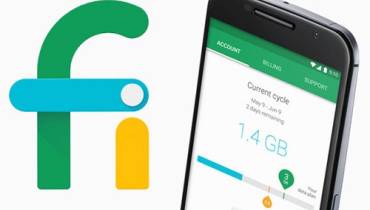
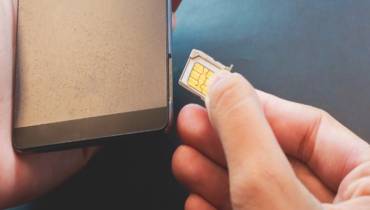
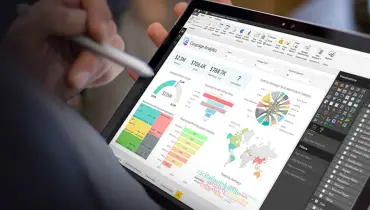








![How Music Benefits Your Brain, Heart, & Physical Health [node:title]](/sites/default/files/styles/video_thumbnail_bottom/public/American%20woman%20enjoying%20music%20in%20headphones.jpeg?itok=gXymemvl)